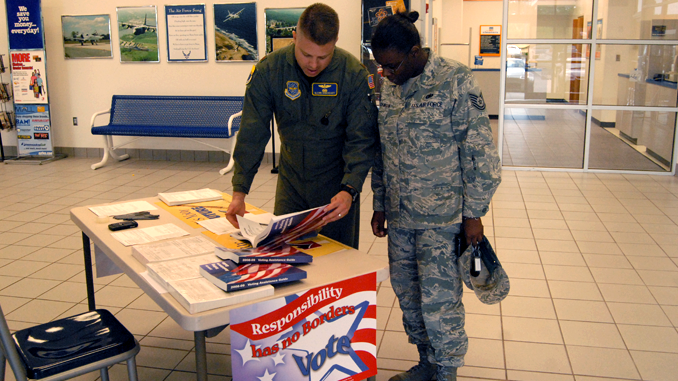
I’ve been attacking Trump and the Congressional Republicans who support him for more than two years, and I’m certain that many people think I’ve become a liberal, or at least a Democrat. That is the path many former Republicans have chosen; faced with the fact that virtually the entirety of the current Republican leadership, both political and social, have been willing to abandon what they supposedly believed, it’s been easy to buy into the argument that they were always lying about their principles and that the other side was being unfairly slimed.
History does not support the latter half of that statement in any way. The Democrats have a long record of illegality and flawed ethics, whether on large items like Clinton’s perjury to avoid a million-dollar payout in a sexual harassment suit and Teddy Kennedy’s river drive or small items like Cynthia McKinney slapping a Capitol police officer for not recognizing her on sight and suggesting his failure was racially driven or James Traficant’s repeated bouts with the law.
It’s impossible to say whether individual Republicans believed in the principles they espoused… but it’s easy to look at their actions and measure whether they promoted those principles. I will argue that, on bulk and typically overwhelmingly, many did. That is why I was a Republican.
The next question seems apparent (and we should always, in the footsteps of Ted Sturgeon, ask the next question.) What were the actual principles? What made someone conservative?
Here’s one of them:
I believe the role of the military is to defend and spread freedom throughout the world, through aggressive action, the threat of such action, and aid operations. I believe that goal must initially focus on our homeland, then our allies, and after that those who request our aid.
A politically astute reader might note that my definition significantly differs from Rush Limbaugh’s famed “kill people and break things”. This is because, simply, he was wrong and his definition was fundamentally not conservative (although it did fit on a t-shirt, coffee mug or bumper sticker.) Rush’s definition of the military excuses, for example, troops being called out to fire tear gas at nonviolent protesters.
My definition is at odds with isolationism, which is one reason why I never affiliated with Libertarians. I believe that the strong have a moral obligation to protect the weak, and that it is noble and right to risk one’s safety in order to procure the safety of others.
My definition also supposes that the rationale behind attempting to free people from tyranny is the desire to free them from tyranny, not ulterior motives of expanding an American empire built on trade. That American influence is spread is an expected result of our actions, but it should not be the primary motivating factor. We should be speaking out on behalf of the oppressed everywhere, whether it directly benefits us or not.
This view is at odds with common Democrat doctrine, which tends to downplay the threat of armed conflict in favor of financial incentives and aid efforts. I believe such tools are most effective against oppressors when there is a palpable threat lurking behind them.
Again I find flaw with the Limbaugh analysis: there is room for nuance here. There are prominent Democrats who argue that America has no room for promoting freedom because it supposes an inherent superiority of system. I agree that it does… but I also believe that individual freedom is inherently superior to other societal structures, so I find no problem there. There are prominent Democrats who argue that we have used the principle of promoting freedom as a cover for expanding our footprint, while ignoring the plight of others if they do not suggest an immediate material benefit… and I agree that we have, but that failing to hold to a noble standard does not negate its inherent value; and that the correct response is not abandoning the ideal but rather demanding it be met.
Associative to my view of the role of the military is the recognition that we need a strong military armed with modern weaponry and satisfied in their position. That requires money, research and appreciation for the overall desires of the troops.
This is another point of contention with Democrats. Many Democrats agree with my views of the military’s role in the world… but they prioritize things differently, and we have a limited amount of money available.
These are the disagreements over which I am prepared to argue. I think I’m correct, but I recognize the value in others’ opinions. I recognize that I’m not going to do more than begin to approach the various subtleties of position that are found among the millions of American citizens.
This used to be the default Republican position. Under Trump, it is not. He has used the military as a bargaining tool against our allies, shifted cash to functions which do not promote any conservative military goal (border wall, Space Force) and turned a blind eye to human rights abuses throughout the world. This is nationalism, even as they call themselves conservatives.
I’m not a nationalist. I’m also against most contemporary Democrats’ interpretations of military value. I’m also not an isolationist. I’m a conservative, and if the nationalists force me to slap a “classical” before that label I stand ready to do so.
